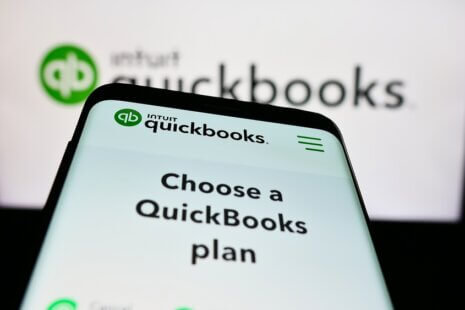Separating personal and business expenses is essential for financial clarity, legal compliance, and tax reporting purposes.
Here are some steps to help you effectively separate personal and business expenses…
1. Establish Separate Bank Accounts – Open separate bank accounts for your finances and your business. Use the business account exclusively for business-related transactions, such as income deposits and business expenses. Similarly, use your account solely for personal transactions, such as personal purchases and withdrawals.
2. Use Separate Credit Card – Obtain a business credit card or debit card for business expenses and a personal credit card for personal expenses. Use the business credit card only for business-related purchases, and use the personal credit card solely for personal expenditures.
3. Keep Detailed Records – Maintain accurate and detailed records of all financial transactions related to your business. Keep receipts, invoices, and other documentation for business expenses separate from personal receipts and documents. Use accounting software or a dedicated system to track and categorize business expenses separately from personal expenses.
4. Reimburse Personal Expenses – If you accidentally use personal funds for a business expense or vice versa, reimburse yourself or your business promptly. Transfer funds between your personal and business accounts to correct the error and ensure accurate financial records.
5. Avoid Cash Transactions – Minimize cash transactions for both personal and business expenses. Cash transactions can be challenging to track and reconcile, making it more difficult to separate personal and business finances. Instead, use electronic payment methods such as credit cards, debit cards, checks, or online banking for greater transparency and record-keeping.
6. Set Clear Boundaries – Establish clear boundaries between personal and business finances and expenditures. Avoid using business funds for personal expenses and vice versa. Communicate these boundaries to yourself, your employees (if applicable), and anyone else who has access to your business finances.
7. Consult with Professionals – Seek guidance from accounting professionals, financial advisors, or tax experts if you need assistance with separating personal and business expenses. They can provide personalized advice and help ensure that you comply with legal and tax requirements.
By following these steps and maintaining a strict separation between personal and business finances, you can ensure accurate financial reporting, simplify tax preparation, protect your limited liability status (if applicable), and effectively manage both your personal and business finances.




